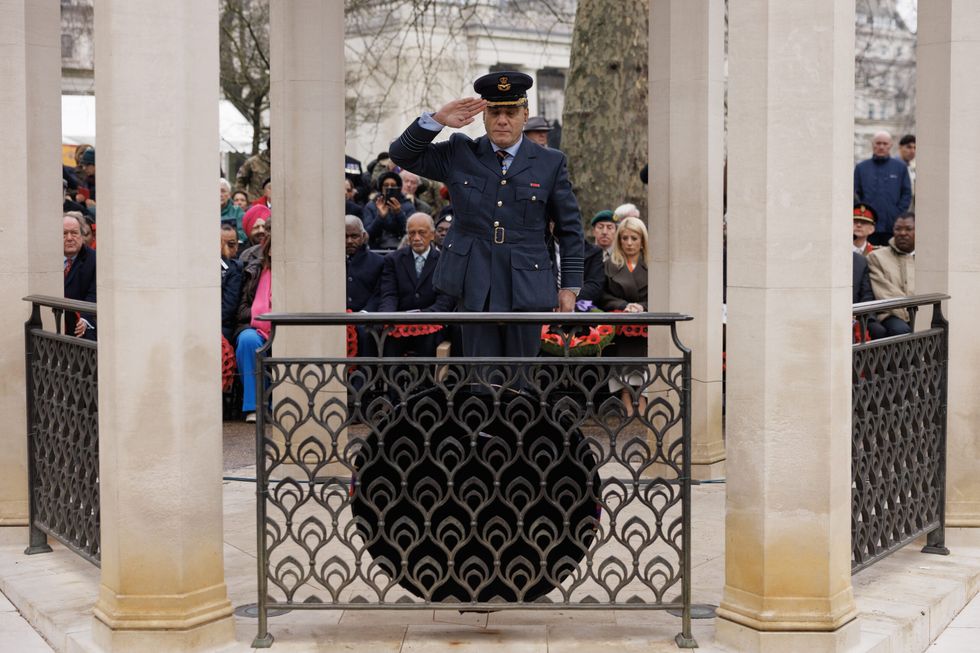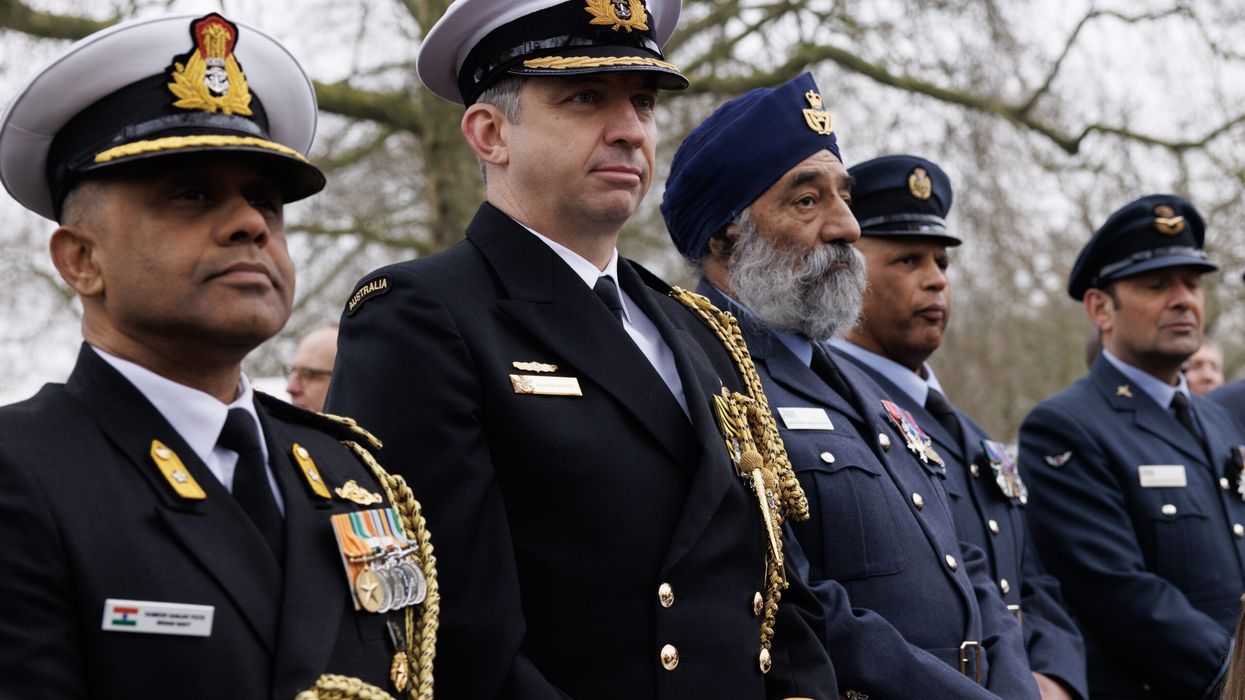INDIA not only shaped the birth of the Commonwealth, but will also continue to play a vital role in shaping its work, the organisation’s secretary general, Baroness Patricia Scotland, said on Monday (11) on the occasion of Commonwealth Day.
Baroness Scotland, who was scheduled to visit India later this week, took part in an annual ceremony commemorating the contribution of soldiers from the Indian subcontinent who sacrificed their lives in the two world wars at the Memorial Gates on Constitution Hill in central London.
This year's ceremony also marked the culmination of a 100-kilometre charity walk by British Army soldiers from across the Commonwealth, including those of Indian heritage.
“India shaped the birth of the modern Commonwealth 75 years ago in April 1949, and I anticipate the country will continue to play a vital role in shaping the work and the direction of the Commonwealth for decades to come,” said Scotland.
“So much of our focus on accelerating the use of technology throughout Commonwealth states, including our focus on artificial intelligence, has been inspired by how it has transformed the economy of India and set a platform for the prosperity of its citizens,” she said.
Commonwealth Day is marked on the second Monday in March every year since 1977 as a celebration of the 56-member organisation, including a commemorative service at Westminster Abbey.
The theme for this year's Commonwealth Day and the forthcoming Commonwealth Heads of Government Meeting (CHOGM) in Samoa later this year is “One Resilient Common Future: Transforming our Common Wealth”.
King Charles said in a video message for this year's ceremony as he undergoes cancer treatment, “In recent weeks, I have been most deeply touched by your wonderfully kind and thoughtful good wishes for my health and, in return, can only continue to serve you, to the best of my ability, throughout the Commonwealth.
“My belief in our shared endeavours and the potential of our people remains as sure and strong as it has ever been. I have no doubt that we will continue to support one another across the Commonwealth as, together, we continue this vital journey.”
This year's charity walk saw Commonwealth soldiers carrying 15kg weighted packs, or bergens, to honour their forebears who carried that weight during their service during the two world wars.
The colourful uniformed march began at the Chattri Memorial near outside Brighton last Friday (8) and culminated at the Commonwealth Memorial Gates in London.

“The Memorial Gates Ceremony on Commonwealth Day commemorates the service and sacrifice of the five million volunteers from South Asia, Africa and the Caribbean in the First and Second World Wars,” said Lord Karan Bilimoria, chairman of the Memorial Gates Council.
This year's Commonwealth Day marked the 75th anniversary of the London Declaration signed in April 1949, which involved republics and other independent countries as equal members of the Commonwealth – leading to the creation of the modern-day Commonwealth of Nations.
“Marking the 75th anniversary alongside the ceremony provides an opportunity to commemorate and remember, as we continually do on Commonwealth Day, and through the activities of the Memorial Gates Council, the significant contribution that those from around the Commonwealth and world have made to the success of our great nation,” added Bilimoria.
The ceremony also commemorated the 80th anniversary of the battles of Imphal and Kohima in the Second World War, specifically commemorating those who served in the Fourteenth Army, where troops spoke 40 languages, and came from Sikh, Christian, Hindu, Muslim, Jewish and many other religious faiths.
Of its 13 divisions, eight were Indian, three were African and two were wholly British.
This year's ceremony also paid tribute to the late Baroness Shreela Flather, 89, the British Indian peer who served as lifetime president of the Memorial Gates Council and passed away last month.





